How Does Christianity Differ From Other Religions On Homosexuality?
By Terrell Clemmons
It’s probably not what you think.
Saving Truth on Human Sexuality
“Sorry if this is off topic,” the young woman stammered into the microphone, “but, um, I’ve searched for answers, and I can’t seem to find any, so I thought I’d come tonight and ask you guys. Where does Christianity, if it does at all, differ on homosexuality as opposed to other religions, and if so, how?” Her quivering lips and trembling hands revealed the magnitude of struggle it had taken just to voice the question.
The auditorium fell silent as all eyes turned to Abdu Murray, who had just taken part in a university open forum on major world religions.
Abdu was silent for a moment. He could tell she was not just looking for another opinion. She needed an answer that would validate her as a human being. What could he say that would not compromise biblical sexuality yet would show her that God cares for her beyond measure?
“There are only so many worldviews to choose from,” he began. And none of them would provide an answer that unconditionally validates her humanity. None, that is, except for one. But before getting to that one, he surveyed the others.
Consider naturalistic atheism, the worldview driving progressive secularism. According to naturalistic secularism, human beings are highly evolved animal life. This worldview is doubly dehumanizing in regard to homosexuality. First, according to the Darwinian evolutionary narrative, there is nothing especially significant about human beings at all. “A rat is a pig is a dog is a boy,” in the words of Ingrid Newkirk, founder of People for the Ethical Treatment of Animals (PETA), such that the only thing distinguishing us from the flies in our windowpane is that we’re above them on the food chain. Second, if, as we are told, Darwinian evolution proceeds via the evolutionary process, then homosexuality fails evolutionarily because same-sex sex does not reproduce. So, in a naturalistic worldview, people practicing same-sex sex are, just like everyone else, nothing special, and Darwinian failures to boot.
What about the Eastern pantheistic systems, such as Hinduism or Buddhism or a Deepak Chopra-esque spirituality? Well, the ethical foundations of these worldviews are ambiguous at best, as they teach that morality is relative. And so, none of them provide any objective grounding for human value or identity. Worse for the struggler looking for solid answers, they hold that suffering is an illusion, which is flat out insulting to a person in pain. They offer nothing beyond self-referential psychobabble for the one struggling with his or her identity.
What about Islam? While it does offer solidity, with its monotheistic foundation and clear rules circumscribing sexual behavior, Islam is openly hostile to homosexuality. In some Islamic countries, homosexual acts are punishable by prison, flogging, and in some cases death.
Finally, then, Abdu came around to Christianity. He made two points about it. First, we all intuitively know there is something about sex that makes it more than just a physical act. Why is sexual assault treated differently from a mere physical assault? Because he said, there is something sacredly fragile about sexuality, and sacred things are so special, they are worthy of protection. God wants to protect the sacredness of sexuality from becoming common, and the boundaries given through the biblical sexual ethic guard the sacred specialness of sexuality.
But, he conceded, that doesn’t explain the proscription limiting sex to opposite-sex marriage. That was the subject of his second point. To address the principle of male-female marriage, he referred to the biblical creation account in Genesis, where we are told that God created man and woman in the image of God. Man and woman being created in the image of God is a blasphemous concept to Islam, a foreign concept in any pantheism, and an absurdity in any naturalistic secularism. Only the biblical worldview, which holds that all men and all women bear God’s divine image, gives any objective grounding for inherent human dignity and value.
And this leads to the reason why human sexuality is worth limiting to male-female marriage: It’s because sex is the way human life comes into the world. “Sex between a man and a woman is the only means by which such a precious being comes into this world,” he said. “And because a human being is the sacred product of sex, the sexual process by which that person is made is also sacred.” The biblical ethic limits sexual expression to monogamous, male-female marriage because “God is protecting something sacred and beautiful.” As we submit ourselves to the creational guideline, “We are given the honor of reflecting an aspect of the divine splendor.”
He wrapped up his response to the troubled young woman by telling her that God anchors all human dignity, including hers, and sacredness in his unchanging, eternal nature. We are granted the supremely high dignity of reflecting the glory of God in the world.
So, where does Christianity differ from other religions when it comes to homosexuality? As it turns out, it differs quite profoundly from all others, but not in the way the dominant cultural voices say it does. Abdu relates this scene in his recently released book, Saving Truth: Finding Meaning and Clarity in a Post-Truth World. Although he had much more to say about the uniquely sublime nature of sexuality within natural marriage, Saving Truth is not just about sexuality. That’s only the subject of one chapter, but I hope it will give you an idea of the beauty biblical clarity can bring to an area rife with confusion.
Saving Truth surveys a whole landscape of cultural confusion, offering refreshing doses of clarity so that we may make sense of many other confusions:
- What does “post-truth” even mean?
- What is the difference between autonomy and liberating freedom?
- How does one navigate the alleged conflict between science and faith?
- And what about religious pluralism? Can all religions really coexist?
Abdu never gave the name of the young woman asking the profound question about sexuality, but he did conclude the story by noting that after he answered her question, “she seemed to know she was ‘understood.’ The tears began to flow, and she afforded me the honor of praying with her.” Truth has a way of quieting clamor and provoking profound moments. I hope you will check out Abdu’s new book Saving Truth, and even more that, I hope that you will seek truth right where you are. Whatever it may cost you, whatever tears it may provoke, seek clarity, seek the truth. There is where you will find your meaning.
Terrell Clemmons is a freelance writer and blogger on apologetics and matters of faith.



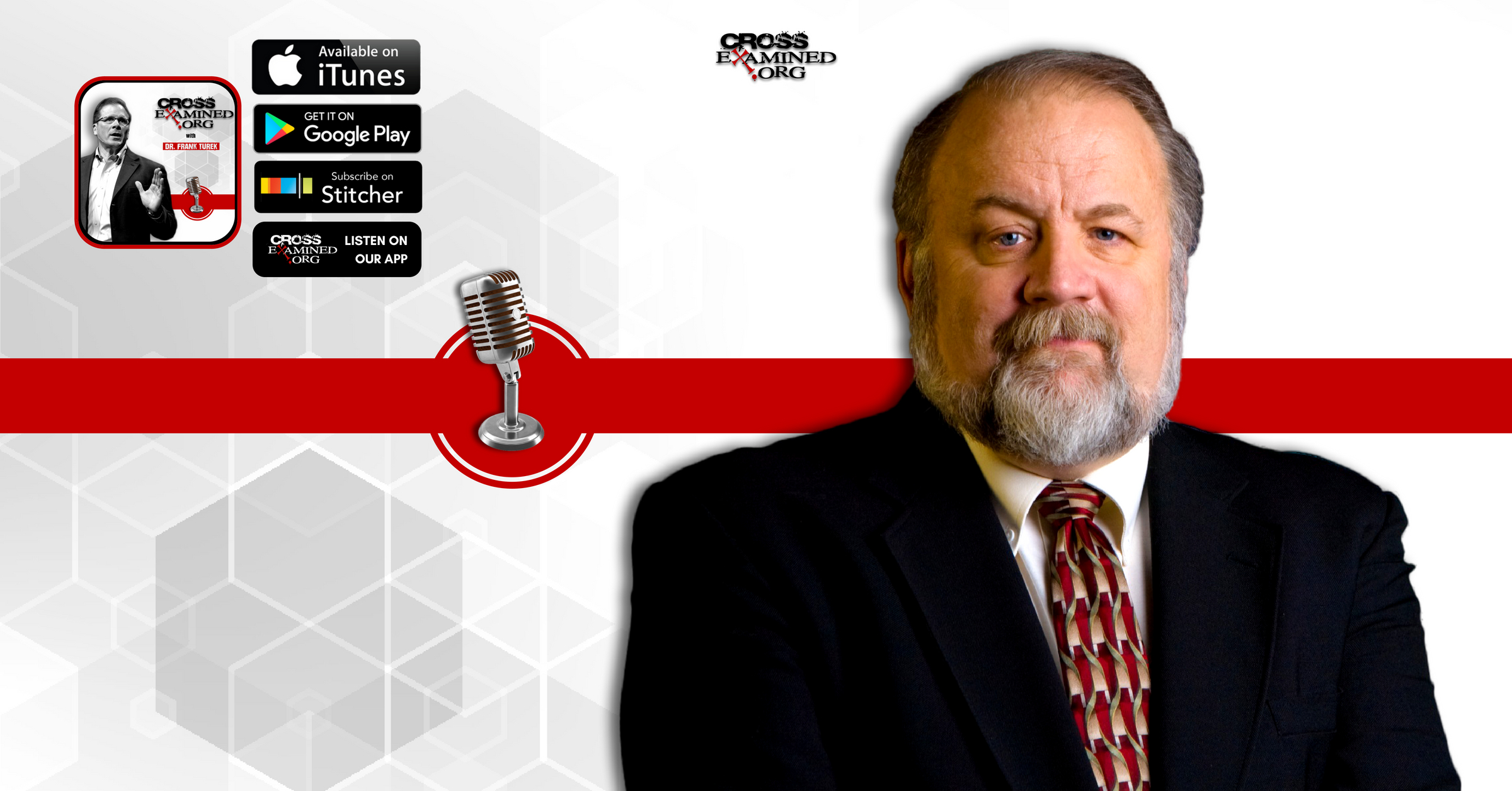

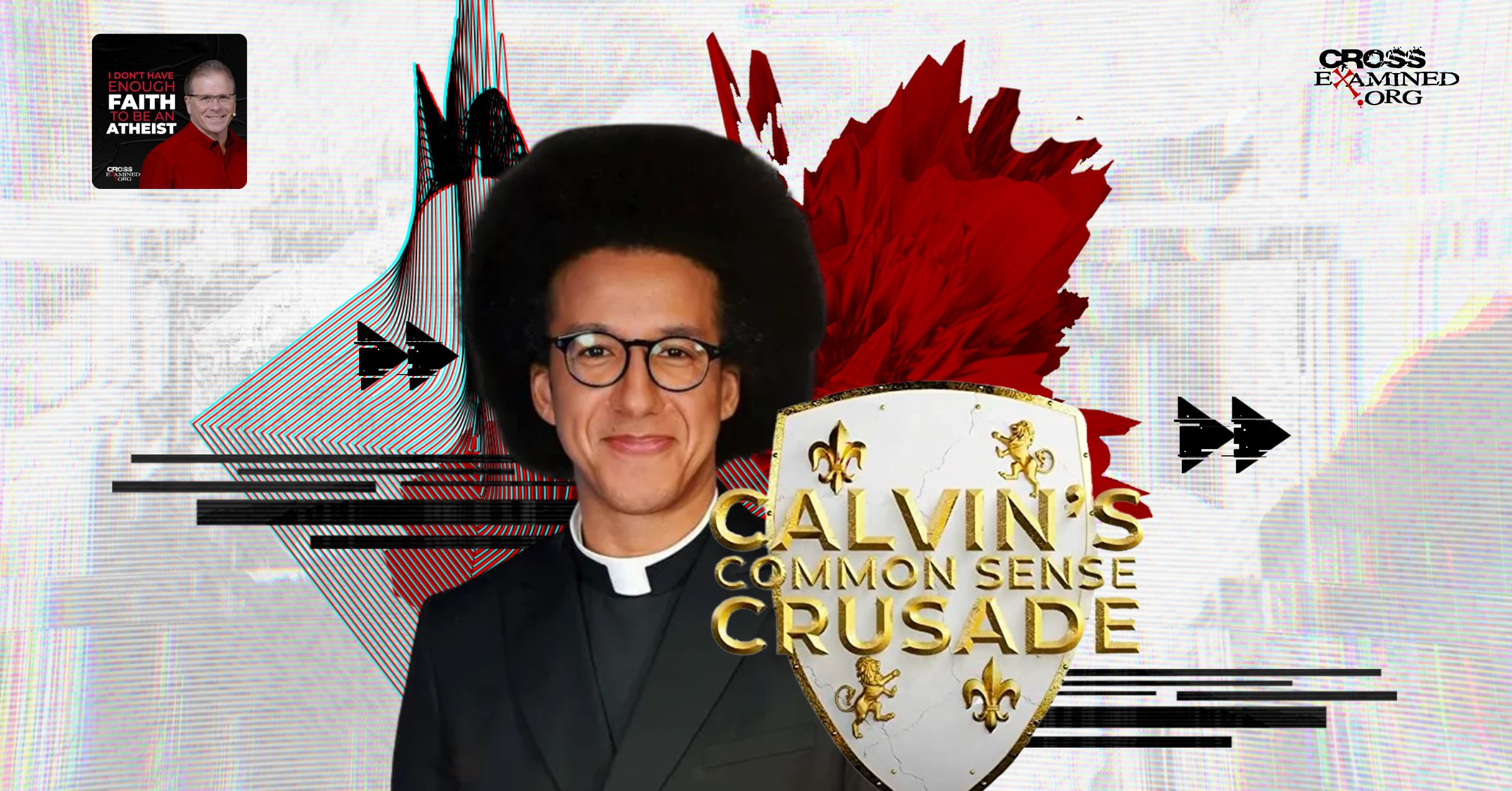
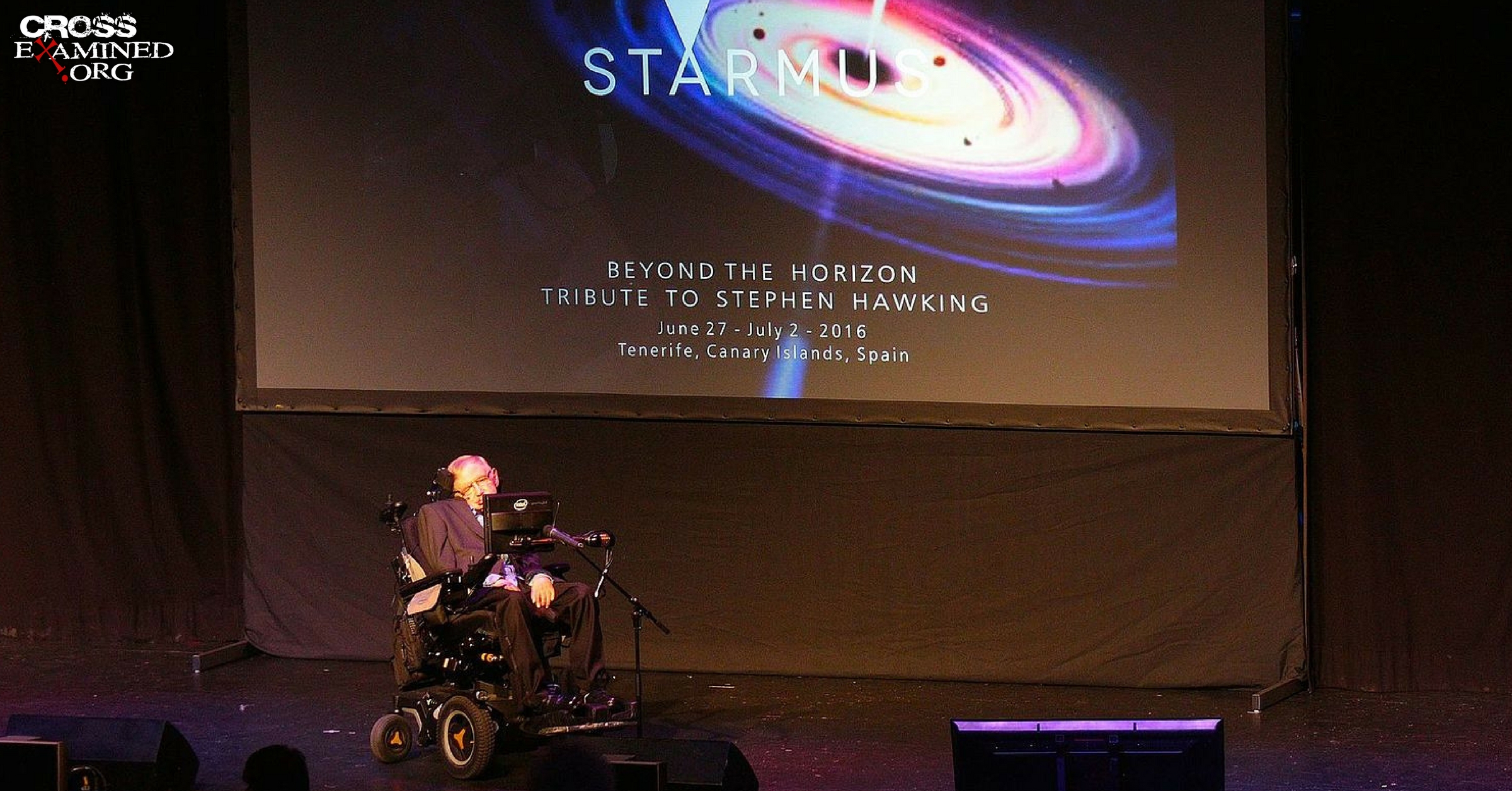
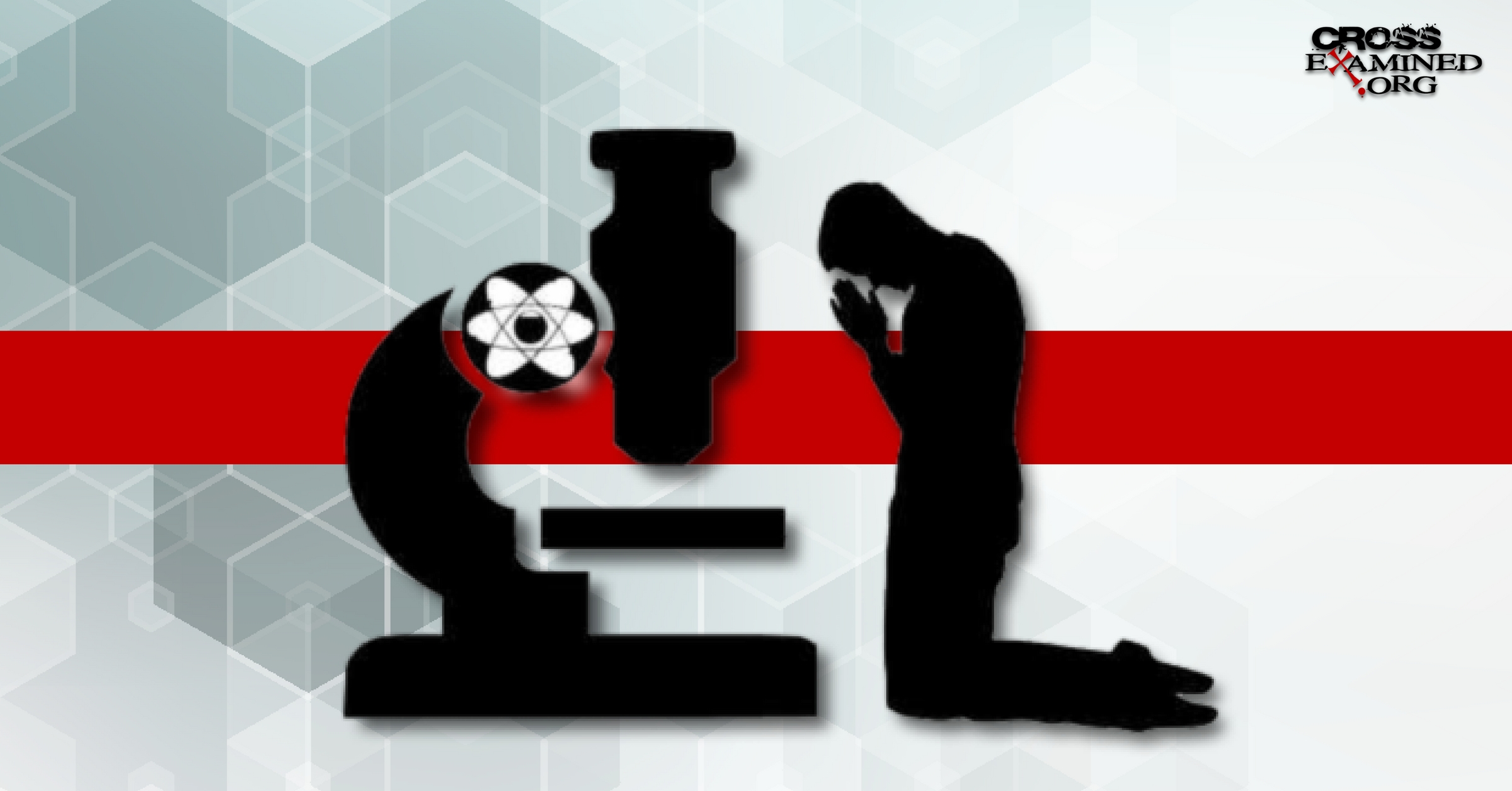
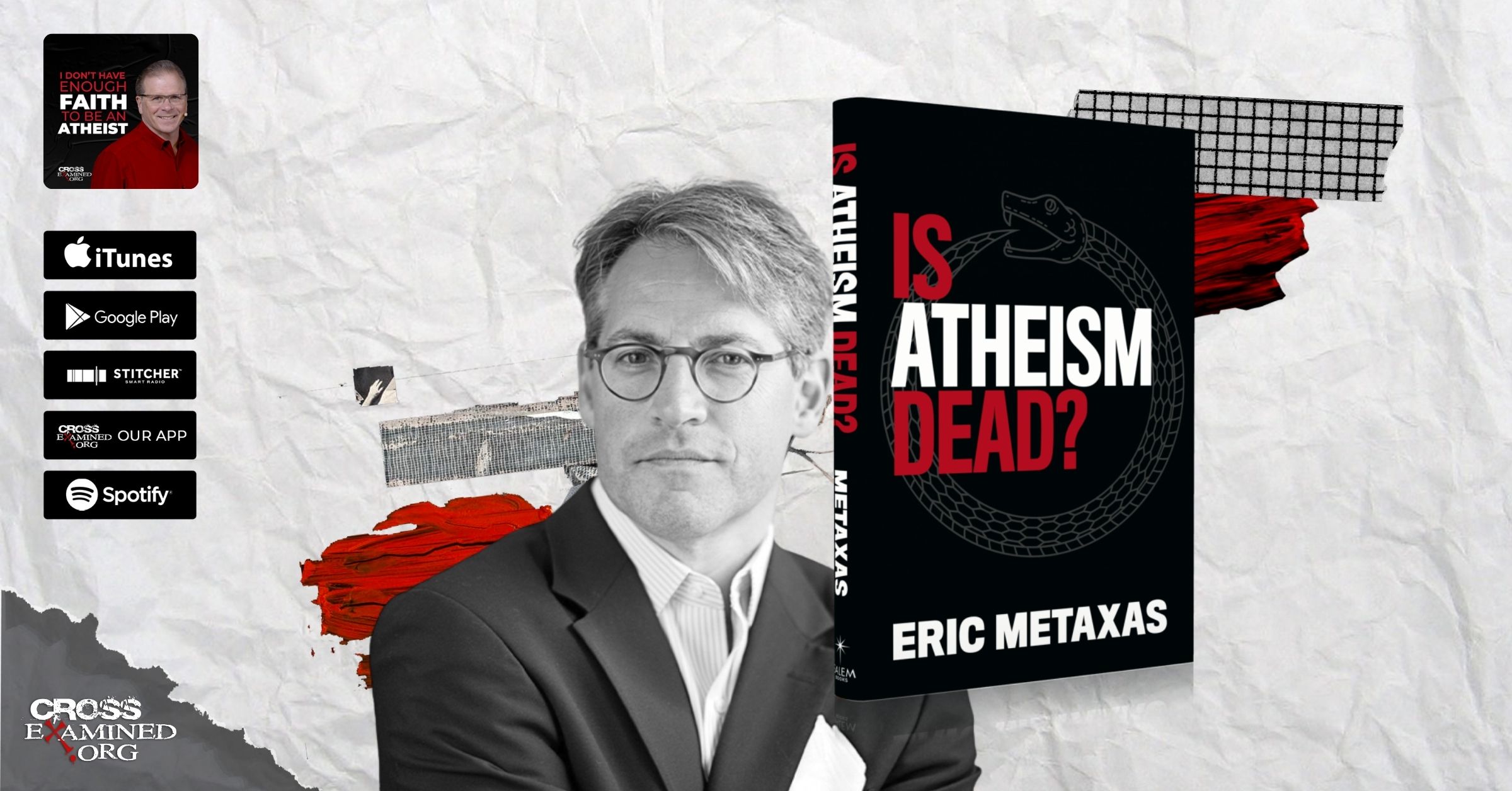



Leave a Reply
Want to join the discussion?Feel free to contribute!